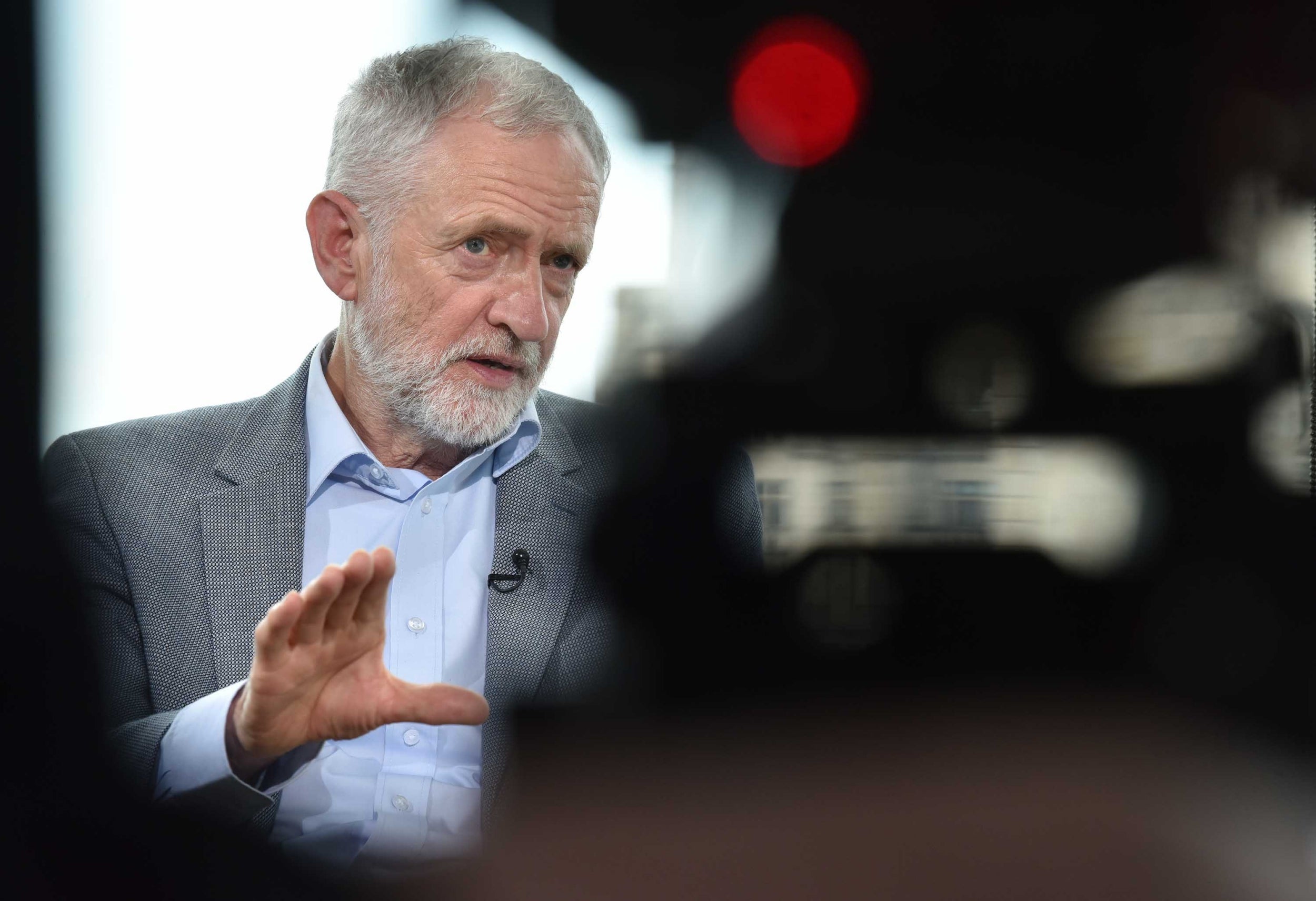European elections: British voters do not know if Labour is a party of Leave or Remain, finds poll
Around four in 10 Labour supporters told pollsters Ipsos Mori that they liked the Lib Dem and Green approach of opposing EU withdrawal

Your support helps us to tell the story
From reproductive rights to climate change to Big Tech, The Independent is on the ground when the story is developing. Whether it's investigating the financials of Elon Musk's pro-Trump PAC or producing our latest documentary, 'The A Word', which shines a light on the American women fighting for reproductive rights, we know how important it is to parse out the facts from the messaging.
At such a critical moment in US history, we need reporters on the ground. Your donation allows us to keep sending journalists to speak to both sides of the story.
The Independent is trusted by Americans across the entire political spectrum. And unlike many other quality news outlets, we choose not to lock Americans out of our reporting and analysis with paywalls. We believe quality journalism should be available to everyone, paid for by those who can afford it.
Your support makes all the difference.Voters do not know whether Labour is a party of Leave or Remain, according to a new poll.
The Ipsos Mori survey found that even Labour supporters are uncertain of the party’s position on Brexit, with nearly half (46%) saying it stands for leaving the EU and 38% thinking it stands for remaining a member.
And half of Labour voters questioned in the poll for the Evening Standard, just days before the European elections on May 23, said they disliked their party’s stance on Brexit, with about four in 10 saying they like the Liberal Democrat and Green approach of outright opposition to EU withdrawal and support for a Final Say referendum.
The figures emerged after Mr Corbyn was accused of failing to give clear answers on the circumstances in which he would back a second Brexit referendum in a TV interview at the weekend.
Meanwhile, prime minister Theresa May was holding last-minute talks with cabinet colleagues on what she describes as a “bold offer” to finally secure parliamentary approval for a deal to take Britain out of the EU by the summer.
Downing Street confirmed that work is still ongoing on the text of the Withdrawal Agreement Bill, which is due for a make-or-break second reading vote in the Commons in the first week of June.
Cabinet is due to sign off the final text at its regular weekly meeting in 10 Downing Street on Tuesday, when ministers will also decide whether to first offer MPs a series of “indicative votes”, which could include options like ruling out a no-deal Brexit or a Final Say referendum. While not binding on the Government, the results of these votes could be built into the legislation as it passes through parliament.
Ms May’s spokesman declined to confirm what new elements might be introduced to the bill to secure the passage of a plan which has already been roundly rejected three times by MPs and is widely expected to go down to defeat once again next month.
But it is thought that it could include assurances that the Government will work towards having a technological solution to the Northern Irish border problem in place by the end of 2020, so the controversial “backstop” never has to be implemented.
It is understood that the Government believes it cannot drop the backstop altogether as this would inevitably lead to the EU refusing to ratify the final deal, but there may be promises of a role for the Northern Ireland Assembly on any decisions about it.
The bill is also likely to offer parliament a say on what the UK’s objectives should be in future trade negotiations – as proposed by Labour backbenchers Lisa Nandy and Gareth Snell – and to promise workplace and environmental protections on which the Government found common ground with the opposition during cross-party talks.
A slew of Leave-backing Tories have already said they expect a larger rebellion against the new bill than the 34-strong revolt when Ms May’s plans last came before parliament in March, consigning it to certain defeat if Labour opposes it as expected. Jeremy Corbyn‘s party has so far said it will await the publication of the legislation before making final decisions on which way its MPs will be whipped.
The new poll suggested that half of voters think a Corbyn administration would keep the UK inside the EU, while 30% believe Labour would go ahead with Brexit if it won power.
Some 76% of the 1,072 adults questioned said they disliked Labour’s approach and eight in 10 thought Mr Corbyn was doing a bad job on Brexit.
Labour sources insisted that the party’s position on Brexit had not shifted, after Mr Corbyn appeared to give a warmer endorsement of a Final Say referendum in an interview on Sunday.
The Labour leader had previously insisted that a fresh vote was being kept on the table only as an option to stop a damaging Tory Brexit or departure without a deal.
But he told the BBC’s Andrew Marr: “We would want a vote in order to decide what the future would be.”
Join our commenting forum
Join thought-provoking conversations, follow other Independent readers and see their replies
Comments